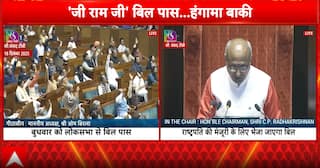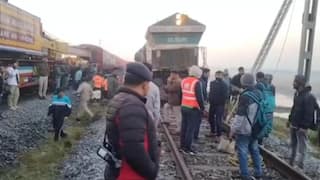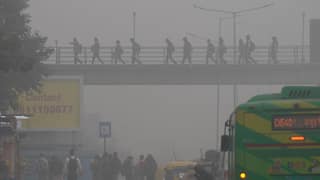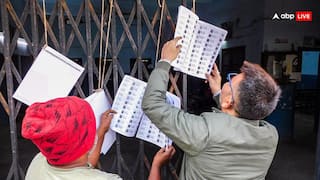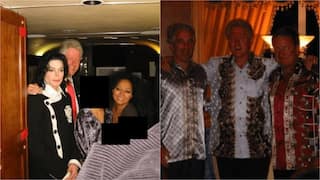Smoke On Duronto Express From Bengaluru As Train Suffers Brake Block Friction
In coach SE LWSCN 193669/S9, it was discovered that there had been brake binding and smoke had emanated from friction of the brake block, the statement said.

After certain section of media reports about a fire incident in the AC carriage of the Howrah Express, Indian Railways on Sunday issued a clarification stating that "it was found that there has been brake binding and smoke had come due to friction of the brake block."
"Sir M Visvesvaraya Terminal-Howrah Duronto Express while approaching Kuppam Station, Chittoor Dist (Bengaluru Division/SWR) suffered brake binding and smoke due to friction of the brake block in a coach," an official statement issued by Indian Railways was quoted by ANI on its official Twitter handle.
Andhra Pradesh | Sir M Visvesvaraya Terminal-Howrah Duronto Express while approaching Kuppam Station, Chittoor Dist (Bengaluru Division/SWR) suffered brake binding and smoke due to friction of the brake block in a coach: Indian Railways
— ANI (@ANI) November 27, 2022
At at 12.50 p.m., the Train Manager (Guard) of Train No. 12246 Sir M Visvesvaraya Terminal - Howrah Duronto Express spotted smoke seeping in from one of the coaches as it approached Kuppam Station, Chittoor Dist (Bengaluru Division/SWR), according to the statement.
The train was halted and checked by the train crew as per regular SOP. In coach SE LWSCN 193669/S9, it was discovered that there had been brake binding and smoke had emanated from friction of the brake block, the statement said.
The train crew responded swiftly and the journey began at 13.33 hours.
Earlier this week, a fire broke out in one of the carriages of a railway travelling from Betul in Madhya Pradesh to Chhindwara.
According to initial accounts, the fire started in one car and spread to the other two coaches of the train.
Two bogies have been entirely destroyed by fire, while one has been partially destroyed. The fire department extinguished the flames. For the time being, the cause of the occurrence is unknown.
(With Inputs From ANI)











